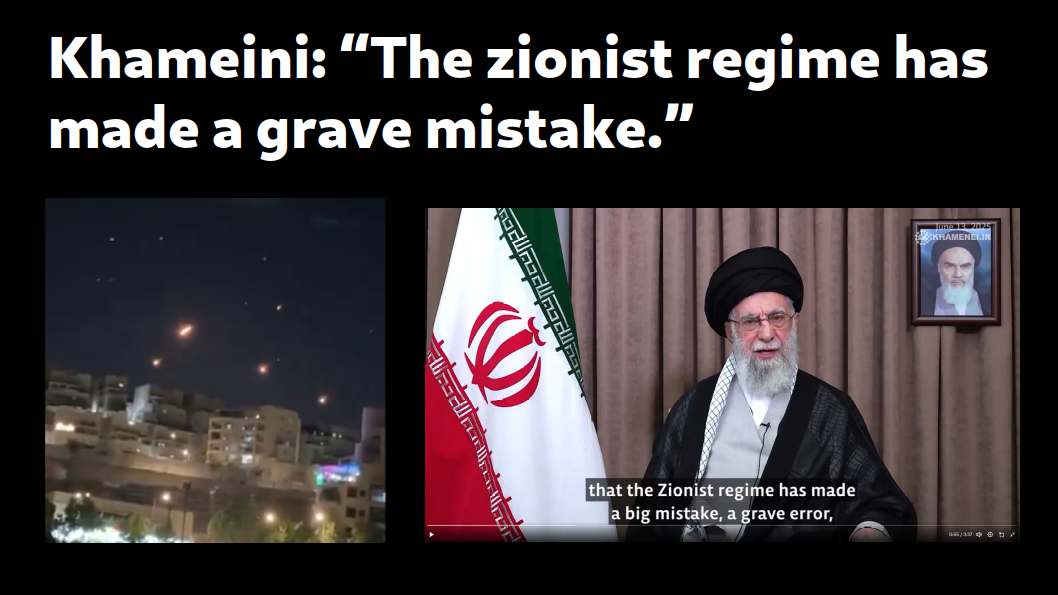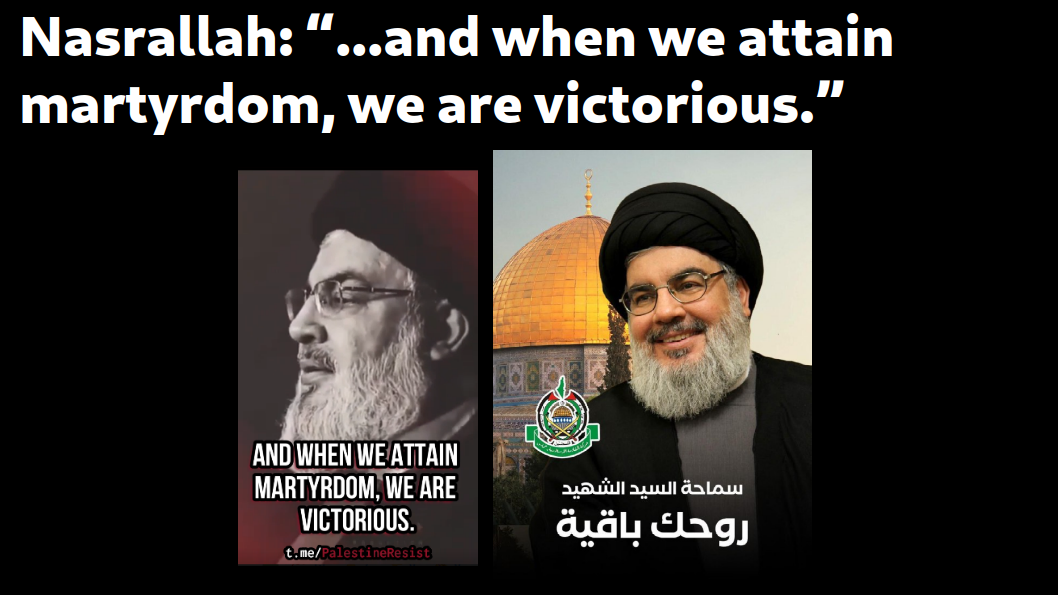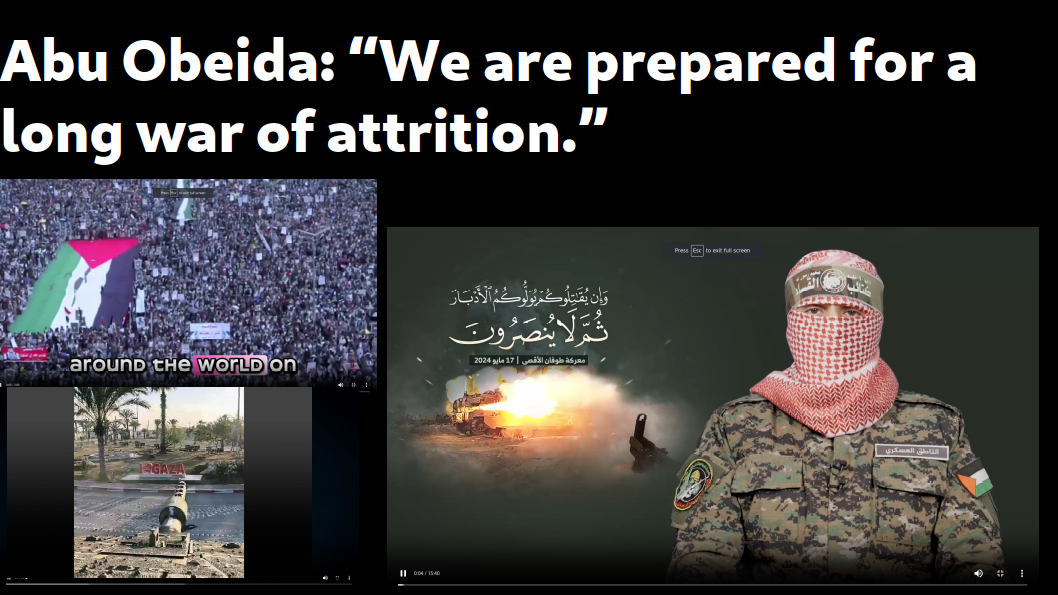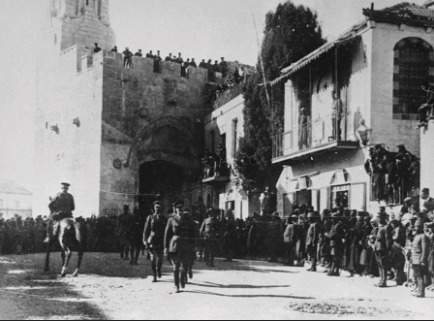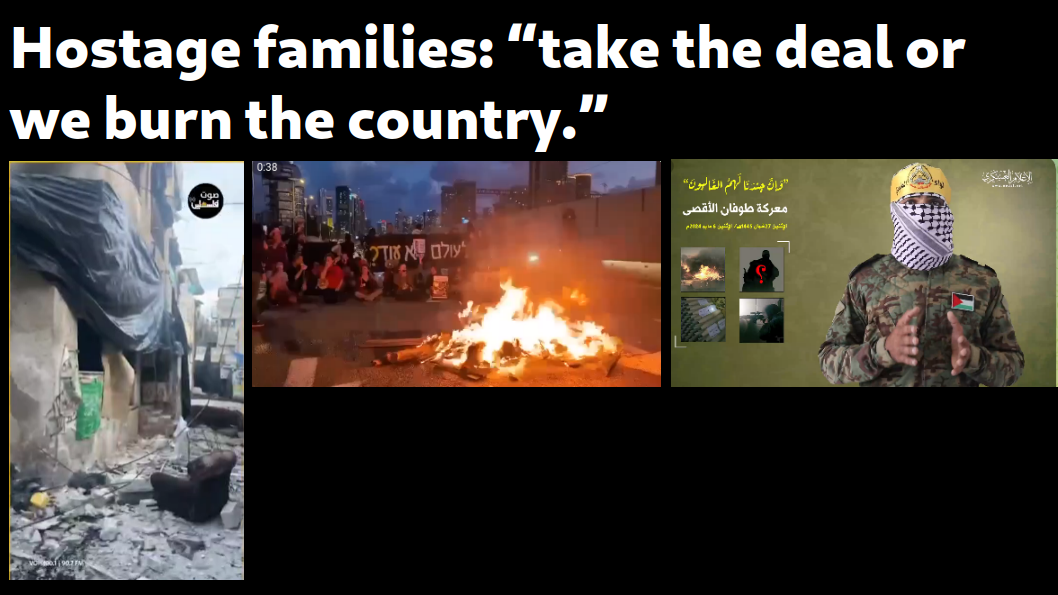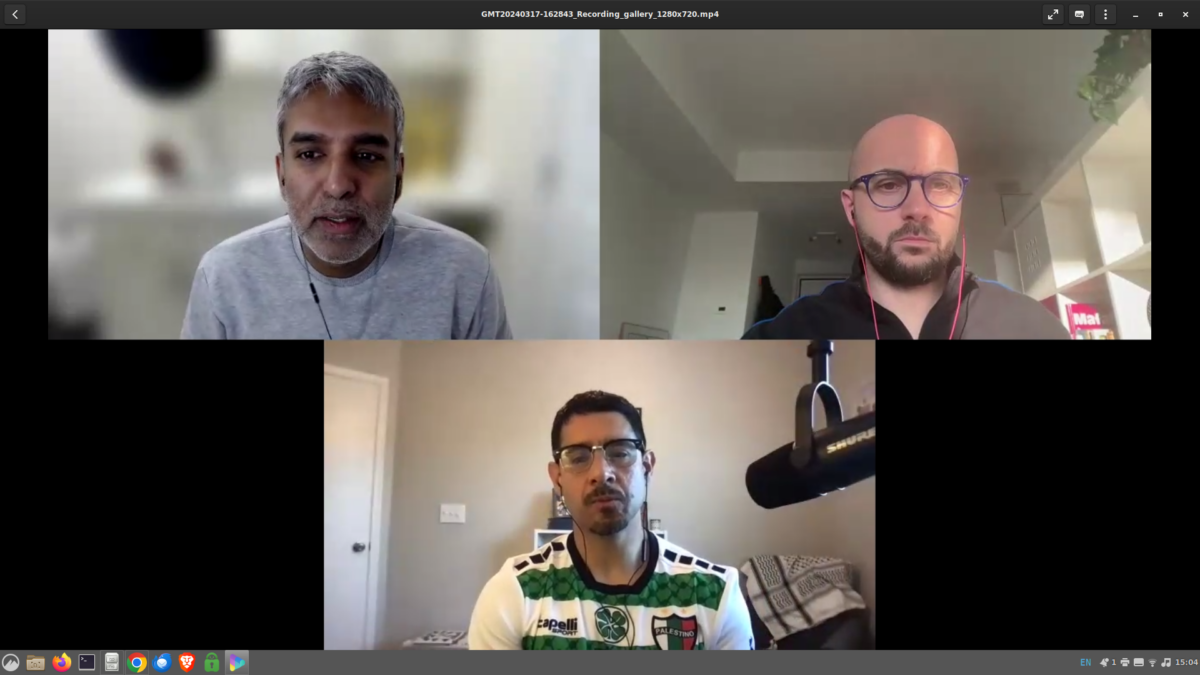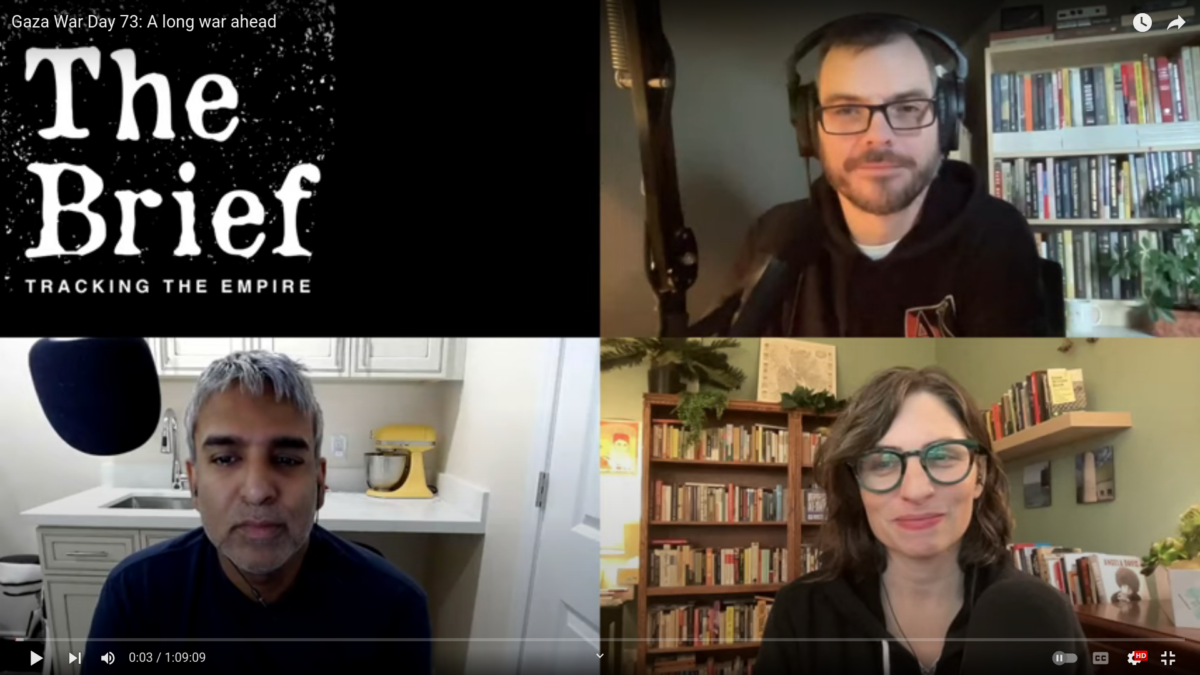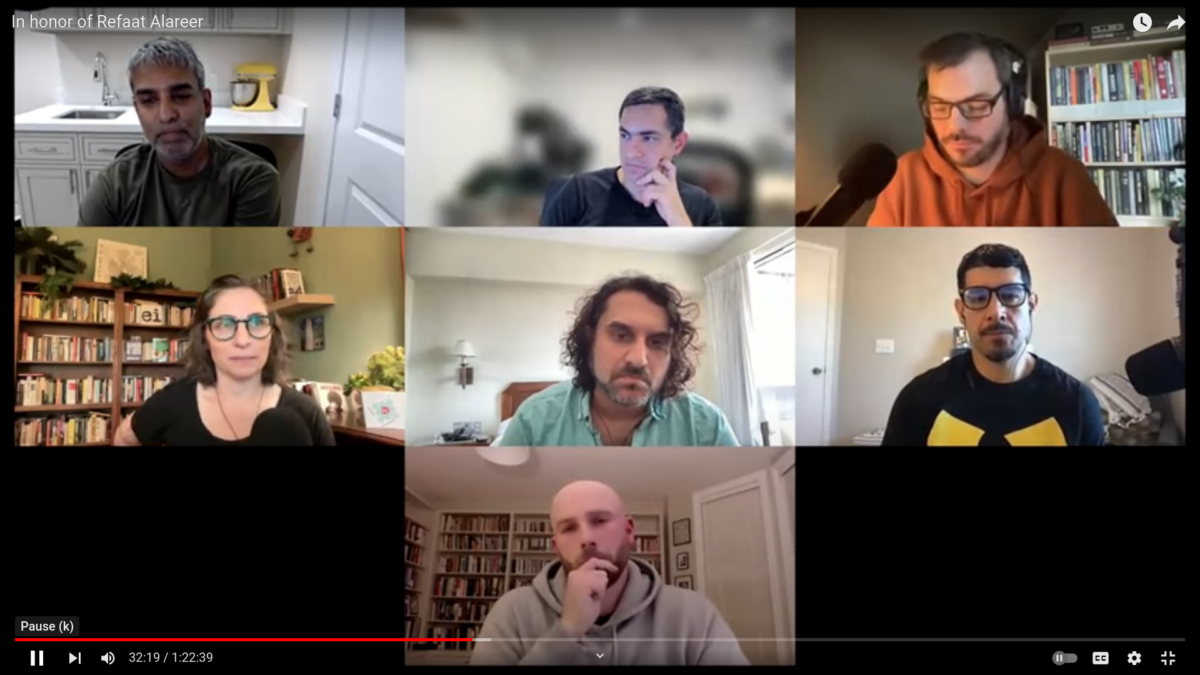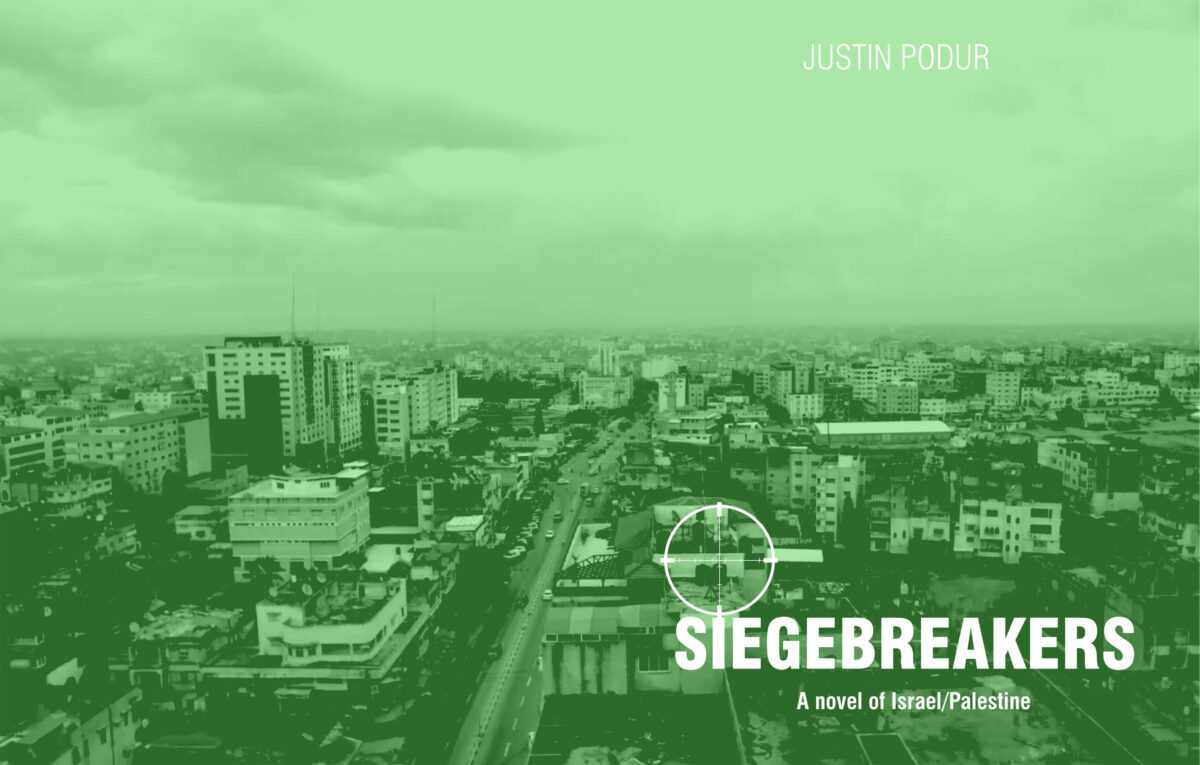Initial reactions to the new war (audio of the regular youtube sit rep).
Tag: Gaza
AER 145: Remembering Nasrallah
Nora joins and we go over our memories of following Seyed Hassan Nasrallah’s speeches over the decades. He led the resistance for 32 years and freed Lebanon from occupation once. His successors will operate under a new set of rules of engagement.
AER 143: Escape from Christian Zionism with Jamin Hubner
A scholar who grew up in a Christian Zionist tradition, Jamin Hubner joins to talk about how the ideology is unrolled to kids and how he found his way out of it.
AER 142: Gaza War Sit Rep Day 224 – Abu Obeida speaks as Jabalia and Rafah battles rage
A report with Jon Elmer on the fierce fighting in Gaza on day 224 of the war and a breakdown of Qassam spokesman Abu Obeida’s speech on that day.
World War Civ 40: How Britain Took Palestine in 1917
General Allenby, Sharif Hussein and his son Feisal, and their handler TE Lawrence array the forces of the British Empire and the Arab Revolt against the Turco-German forces in Palestine. The battle starts in Gaza and ends with Allenby walking into the Jaffa Gate of Jerusalem. The story of the fateful campaign that brought British imperialism to Palestine (and Lebanon, and Syria…). We note that the British found Gaza to be a “fortress” from which it was impossible to dislodge the Turkish forces; Justin felt TE Lawrence was overrated, just another imperialist; and we compare admiration of the stoicism with which Allenby took news of his son’s death, with an analogous situation today.
AER 141: Gaza War Sit Rep Day 213 – the invasion of Rafah has begun
On the Anti-Empire Project Youtube Channel there are frequent situation reports or Sit Reps that are posted late at night. Not all of them are reposted here to this podcast, but we’re posting this one on the day of the Rafah invasion. A breakdown of the ceasefire negotatiations and an assessment of where the war is at. With Jon Elmer.
Tankie Therapy on Day 163: Do we debate genocide?
We didn’t have quorum for a tankie therapy session but we got together anyway – Matteo and Alex joined for a discussion of several psychological warfare methods being used on us: normalizing crimes, treating the criminals like they are a natural phenomenon, and the abuser’s method of “look what you made me do”, absolving the criminals and blaming the victims for apparently bringing it on themselves. And another question: is this a topic to be debated? Courage and cowardice and challenges put to us by things we’ve been reading this week.
AER 135: Gaza War Day 73
Joined by Nora and Jon from The Brief / Electronic Intifada to talk about the War in Gaza. More information emerges about what happened on October 7; New atrocities committed since Refaat Alareer’s murder, including bulldozing patients at a hospital and snipers killing women at a church. Some strategic speculations using the history of the Vietnam War as a guide.
AER 134: Tankie Therapy 7 – in honor of Refaat Alareer
Our usual group gets together to talk about the Gaza War, this time we all share some words about literature prof, teacher, poet and hero Refaat Alareer, assassinated by Israel a couple of days ago. Some discussion of military tactics and strategies as always.
AEP 97: Special Siegebreakers Spoiler
In this special short episode, the whole plot summary of Siegebreakers, a pro-Palestine thriller novel that imagines how the Palestinians will eventually break the siege on Gaza, is SPOILED. If you don’t like spoilers, you should skip this one. If you’re the type who needs to know what happens in a book or movie before committing yourself to watching / reading, well this 12 minutes will help you decide. Also, there’s a book discussion on September 18th that will be hosted by the Marxist Education Project (discussion continues on the 23rd as well). So there’s the announcement, discount codes for the book, and the full spoiler in this short episode. Back to regular programming in the next.

